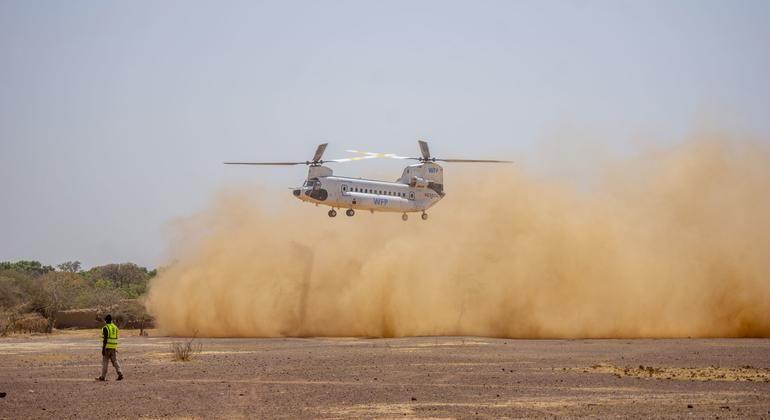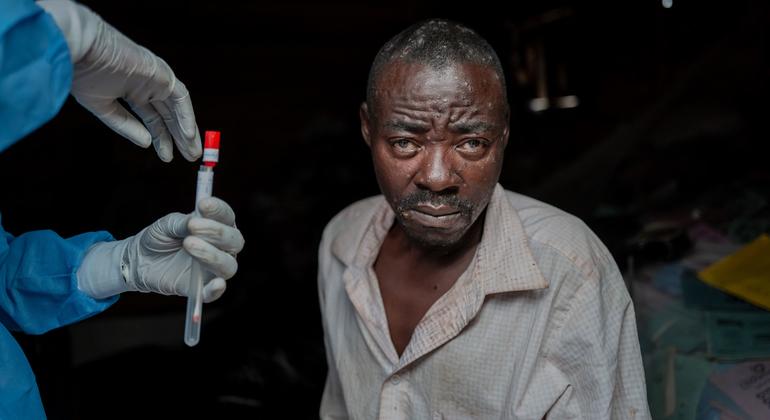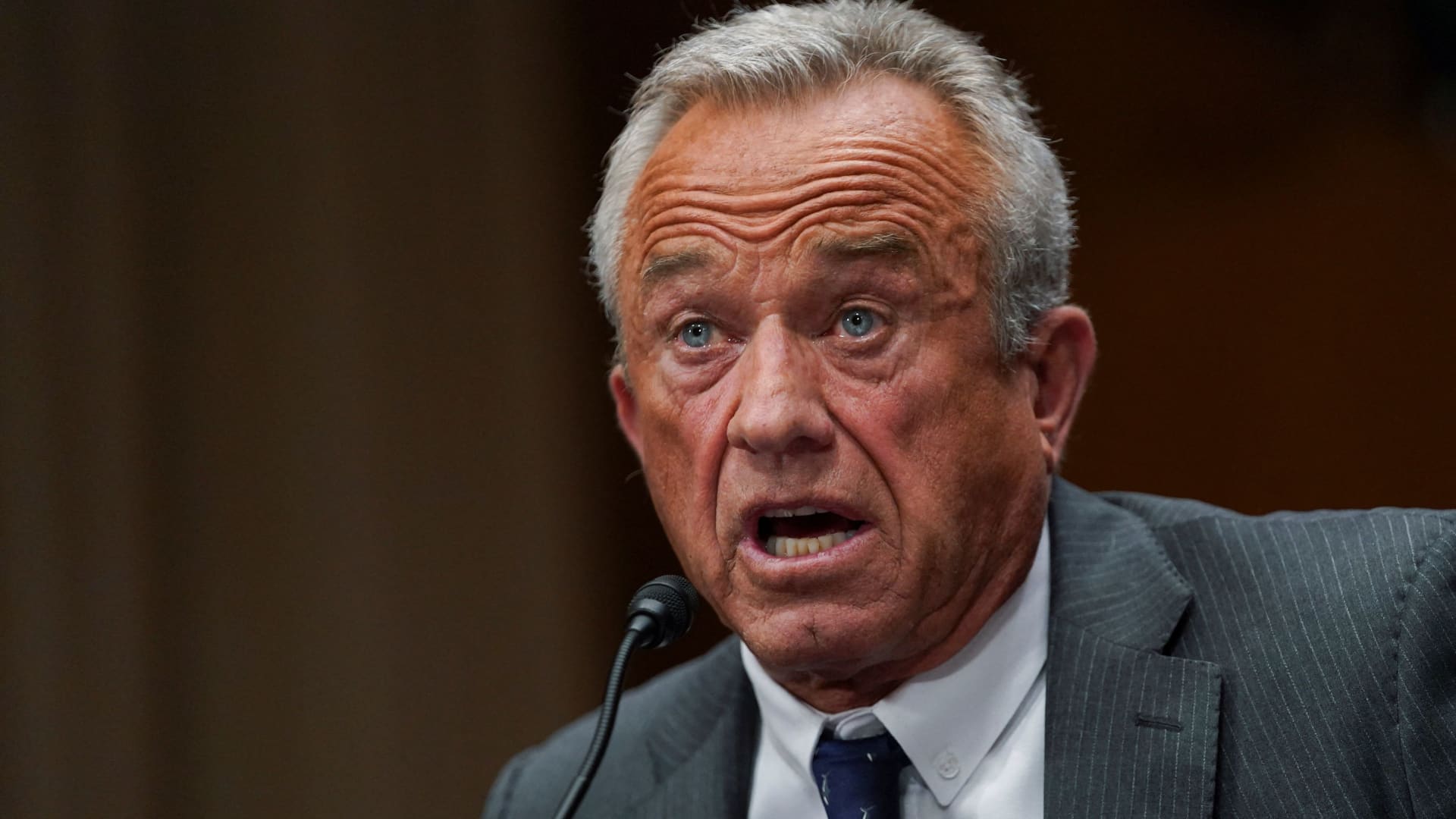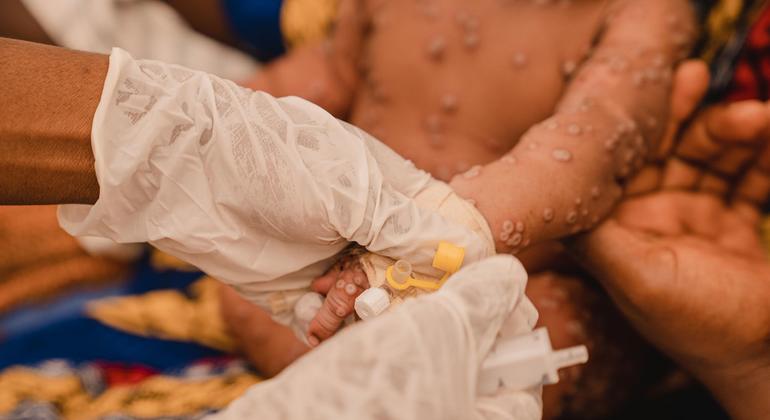“Flying food to those in need is the most rewarding mission I have ever undertaken,” said United Nations Humanitarian Air Service (UNHAS) pilot Christine Brown of her work delivering World Food Programme (WFP) support, alongside humanitarian workers, to some of Burkina Faso’s most remote, food-insecure and conflict-ravaged hotspots.
“It’s heartbreaking to see all the kids out there and know what they’re going through.”
The West African country faces insecurity and widespread humanitarian needs, making the role of these air bridges crucial in reaching places that are too dangerous to access by road.
“Without these airlifts, many of these communities would have no other means to survive,” said Elvira Pruscini, WFP Representative and Country Director in Burkina Faso.
“We are literally a lifeline for tens of thousands of people every month, ensuring the timely delivery of vital food and nutritional assistance to the hardest to reach areas.”
Pilot Christine Brown flies a UNHAS aircraft in Burkina Faso.
Malnutrition
Every day, pilots like Brown transport about six metric tons of food — the equivalent weight of an African elephant — to northern and eastern Burkina Faso, where hunger rates are most alarming.
Airlifted goods account for one-sixth of WFP's total monthly food and nutrition assistance to food-insecure communities across the country, reaching more than half a million people in 2023.
Among those assisted by airlifts are young children and pregnant or breastfeeding women and girls, who are often the most vulnerable to malnutrition, which in some places exceeds emergency levels.
Climate change and desertification, along with increasing armed conflict, have intensified hunger levels. More than two million people are internally displaced and some 2.7 million face acute food insecurity.
“Without WFP’s help, we would have nothing to eat,” says Zourata, a mother of six who lives in the northern town of Titao, surrounded by armed groups and unable to farm.

UNHAS staff unload relief supplies in Burkina Faso.
List of women
While Ms Brown was UNHAS's only female pilot in Burkina Faso when she started early last year, she is now part of a growing list of women working at the organisation, which this year celebrates its 20th anniversary.
“The women who work for us are a talented, dedicated and vital part of the UNHAS team,” says WFP Chief of Aviation Franklyn Frimpong. “They achieve extraordinary things in some of the most challenging parts of the world.”
For Ms Brown, however, being a successful pilot has nothing to do with gender.
“Flying is a human ability,” he says. “We all have the same arms and legs. For me, I go to work and do the best I can.”
“We all work hard and work together as a team,” he emphasized.
UNHAS Information Box
- UNHAS serves multiple destinations through 17 operations linking 20 countries worldwide.
- Managed by WFP, UNHAS provides passenger and light cargo transport for the wider humanitarian community to and from hard-to-reach crisis areas.
- In 2023, WFP airlifts delivered approximately 11,500 tonnes of food and assistance to more than half a million people in isolated towns in Burkina Faso.
- UNHAS's work in Burkina Faso has been largely supported by the European Union, Luxembourg, Switzerland and the United States.












